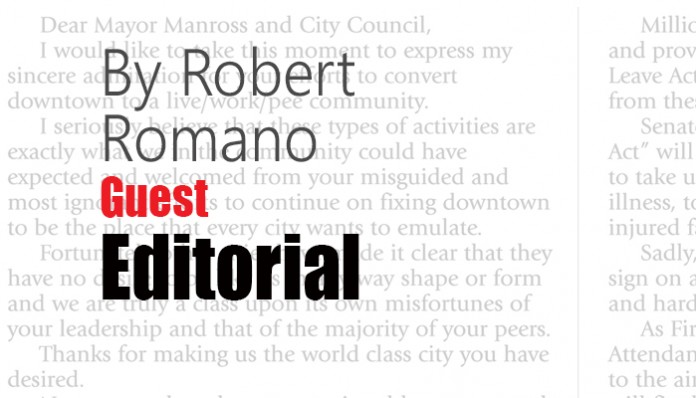“House Democrats settled on two flimsy Articles of Impeachment that allege no crime or violation of law whatsoever—much less “high Crimes and Misdemeanors,” as required by the Constitution… [T]he terminology of “high Crimes and Misdemeanors” makes clear that an impeachable offense must be a violation of established law. The Impeachment Clause did not confer upon Congress a roving license to make up new standards of conduct for government officials and to permit removal from office merely on a conclusion that conduct was “bad” if there was not an existing law that it violated.”
That is part of the defendant’s brief for President Donald Trump for his impeachment trial in the Senate, noting the fact that the two articles of impeachment against the President — abuse of power and obstruction of Congress — are not criminal violations under either federal or state criminal codes, nor are they bribery or treason.
Yet, Article II, Section 4 of the Federal Constitution says that the President can only be removed for a crime: “The President, Vice President and all civil Officers of the United States, shall be removed from Office on Impeachment for, and Conviction of, Treason, Bribery, or other high Crimes and Misdemeanors.”
In fact, the Framers anticipated that a President, upon removal, would then be subject to prosecution for the crimes that he was removed from office for, under Article I, Section 3 of the Constitution, “the convicted party shall… be liable and subject to indictment, trial, judgment, and punishment, according to the law.”
This is further underscored in the Federalist No. 69 by Alexander Hamilton noting that Presidents can only be removed for crimes, “The President of the United States would be liable to be impeached, tried, and, upon conviction of treason, bribery, or other high crimes or misdemeanors, removed from office; and would afterwards be liable to prosecution and punishment in the ordinary course of law.”
Having failed that most basic obligation to charge the President with a crime in order to have him removed, House Democrats should not be surprised that they face an uphill battle in the Republican-controlled Senate, which is already skeptical of the charges that allege President Trump abused his power when he temporarily paused military assistance to Ukraine while he considered requesting a rescission of the funding from Congress, namely because the President has the power to consider and request such a rescission, and that otherwise, under Article, the President is in charge of foreign policy.
Under 2 U.S.C. Section 684 or 2 U.S.C. Section 683, the Impoundment Control Act, the President has the power to propose deferring funds on a temporary basis or rescinding them altogether, subject to Congressional approval.
There is also the Office of Management and Budget’s authority under 31 U.S.C. 1512 to conduct apportionments, which the White House cited as authority for the three-day spending freeze of foreign aid in August in its letter to the Department of State and USAID. The letter stated, “All previously apportioned unobligated resources in the [Treasury Appropriation Fund Symbols] shall be unavailable for obligation until three business days after the Office of Management and Budget receives an accounting from your agencies of the current outstanding unobligated resources…”
By Sept. 11, the reviews were completed by State and Defense, and the funds were released.
On the broad constitutional question of administering foreign policy, if the President believed that the military assistance to Ukraine risked a wider regional war or a global one involving the U.S. and Russia he did not wish to provoke — a real possibility as Moscow backs Ukrainian separatists in Crimea and other eastern provinces — he would be wise to consult with his Cabinet, Ukrainian and even Russian leaders first to ensure that such funding does not serve as a spark for a larger powder keg.
Or, in the case of the new administration in Ukraine — one of the most corrupt governments in the world — under President Volodymyr Zelensky, to ascertain if leaders in Ukraine are simply too corrupt to give funds to.
Not only are these considerations not crimes, they are things the President expressly has the power to do under Article II of the Constitution’s sole vesting of executive power in the President. Whether they were good ideas or not, or why they were being considered, is not relevant to the constitutional discharge of the President’s duties.
Which is why a crime is needed in order for a President to be removed from office. Without one, an impeachment cannot be held to be valid, and therefore, once the House and the President’s legal teams have had the opportunity to present their cases, the Senate should move for a swift dismissal of the charges and acquittal.
Robert Romano is the Vice President of Public Policy at Americans for Limited Government.





